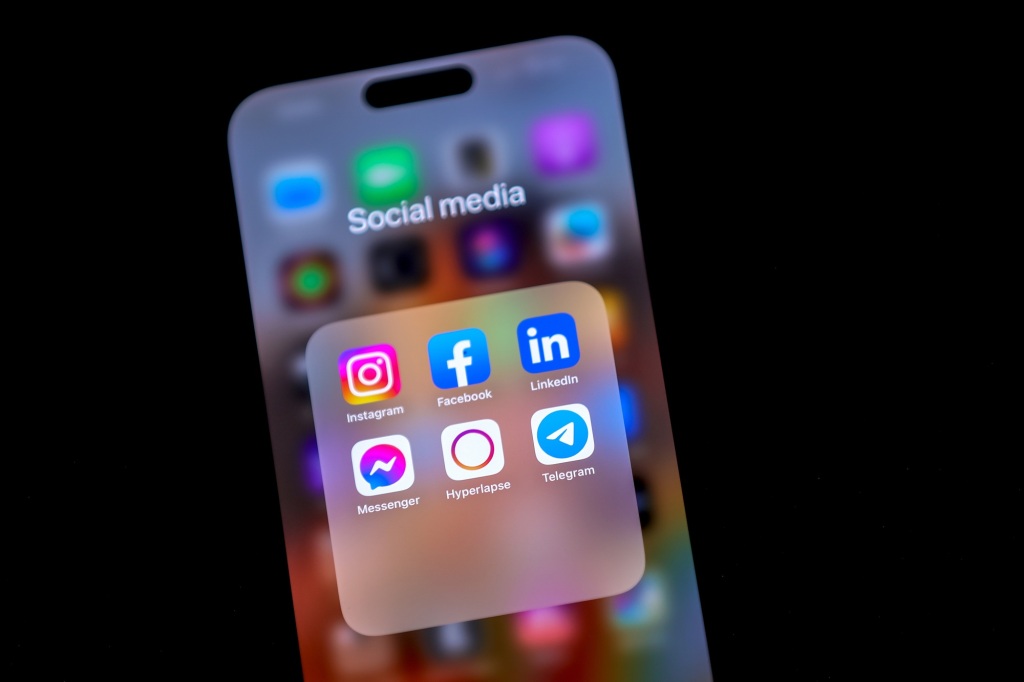Amid the COVID-19 pandemic, the demand for mental health information was and still is staggeringly high, especially among young adults struggling with anxiety.
But a pilot study conducted by Florida International University shows many may be seeking anxiety information in the wrong place: social media.
Researchers found that, among those surveyed, only 18% reported their go-to social media accounts for anxiety information were run by health professionals.
“It didn’t align with my original hypothesis, but it’s not shocking,” said FIU Ph.D student and a lead researcher Rebecca Wolenski. “Because I was feeling hopeful, I thought folks using social media as an information source would be positive, and the more you use the information source, the better your understanding would be. But it was just the opposite.”
The study not only showed young adults were receiving unreliable information, but it also suggested social media users are unable to discern the difference between useful and harmful strategies for managing their anxiety.
“Social media isn’t a therapist,” Wolenski said. “And previous studies have shown that folks who don’t have proper training can spread misinformation easily.”
The research team surveyed 250 young adults between 18 and 28 years old about where they receive information about anxiety, their current knowledge, their past experiences with anxiety and how they cope.
Seeking out information and attempting to understand a problem is itself a coping strategy, Wolenski said. But the benefits of that strategy depend on the quality of the information.
For example, the study found that participants who researched anxiety on the internet were actually more knowledgeable, which is the opposite finding for those who heavily rely on social media.
“On social media, the platforms themselves don’t allow enough space and room to give you complete information,” Wolenski said. “While there’s misinformation, which is…
Read the full article here







